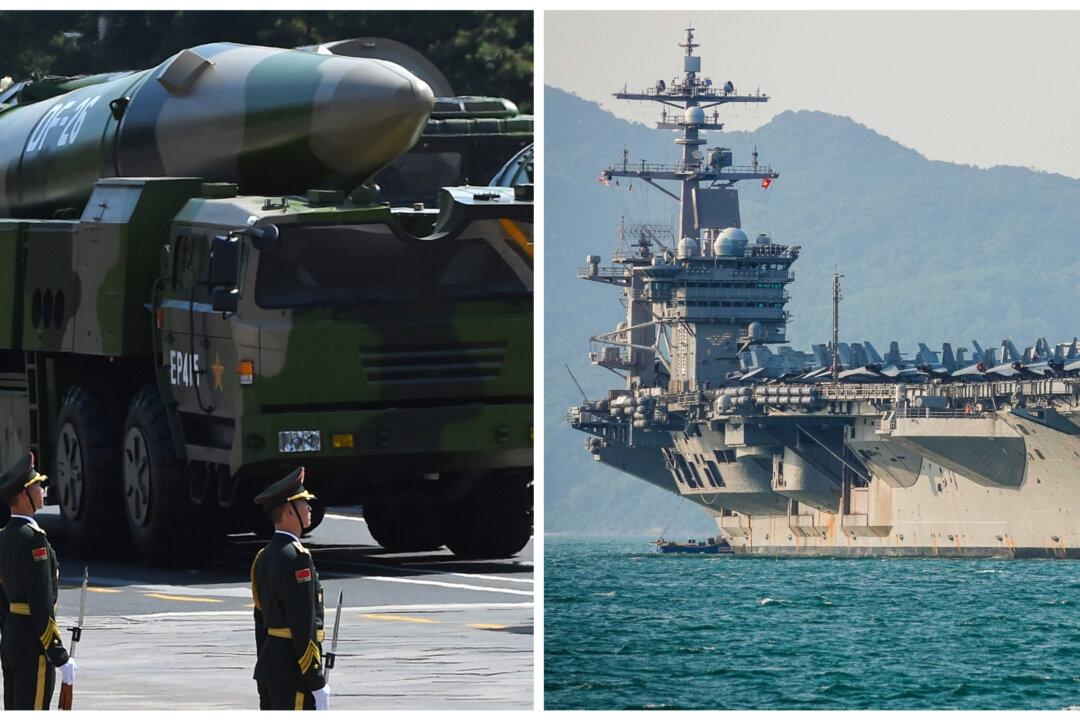WASHINGTON—In an appearance at the Brookings Institution on Feb. 12, Rep. Seth Moulton (D-Mass.) gave remarks billed as the House Democrats’ vision for the future of defense policy. He also hinted at a future for himself that may include a presidential run.
Moulton has the experience to command respect as a party spokesman on defense issues. He served as a Marine captain in the Iraq War and has a seat on the House Armed Services Committee.




